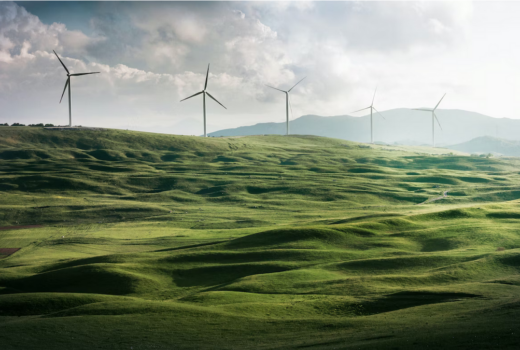Olielek onvoorspelbaar

With 600 oil platforms and busy shipping routes, the North Sea isstill a risky environment, although the wild west scenarios of the1970s and 1980s are a thing of the past. Safety procedures havebeen tightened, especially after the 1988 Piper Alpha oil platformdisaster, in which 167 people died.
Only natural gas is extracted off the Dutch coast. Disaster teamsare more likely to be clearing up after an oil tanker accident thanone involving a drilling platform: scores of oil tankers sail inand out of the port of Rotterdam daily. You don’t need a drunkcaptain or a dilapidated ship to cause a disaster: a simplecollision will suffice. Sweeping arms to clear an oil spill lieat-the-ready on the quayside.
Elke ramp is weer anders
Nevertheless, dealing with disasters is a matter ofimprovisation, says Ben Ale, professor of Safety and DisasterContingency at the Delft Technical University. Every disaster isdifferent.
“Where the oil hits land depends on where the accident happened inthe North Sea because of the Gulf Stream. For instance, the oilfrom a disaster off the Dutch coast could end up in the Wadden Sea,north of the Netherlands, but it could also find its way toNorway.
There is almost no point in planning a detailed response. It isbetter to have procedures which enable people to contact oneanother and, if need be, to inform each other on developments andoffer support.”
De wekker gaat af
For oil companies, this is a wake-up call. The possibilityof extracting fossil fuels from hard-to-reach and environmentallyrisky areas, like the Arctic or the deep sea, is now further awaythan ever, not least because US President Barack Obama hasannounced a ban on drilling until 2011.
The idea that safety regulations can be ignored now and then, isnow a thing of the past, thinks Professor Ale. Just like people whocheck their oil more frequently after their neighbour’s car hasbroken down, oil companies will have to take another look at theirsafety standards.
[bron: Radio Wereldomroep RNW]
Meest Gelezen
Vrouwen houden universiteit draaiende, maar krijgen daarvoor geen waardering
Hbo-docent wil wel rolmodel zijn, maar niet eigen moreel kompas opdringen
Wederom intimidatie van journalisten door universiteit, nu in Delft
‘Waarom het nu niet lukt om medezeggenschap in hbo te versterken’
‘Sluijsmans et al. slaan de plank volledig mis’



